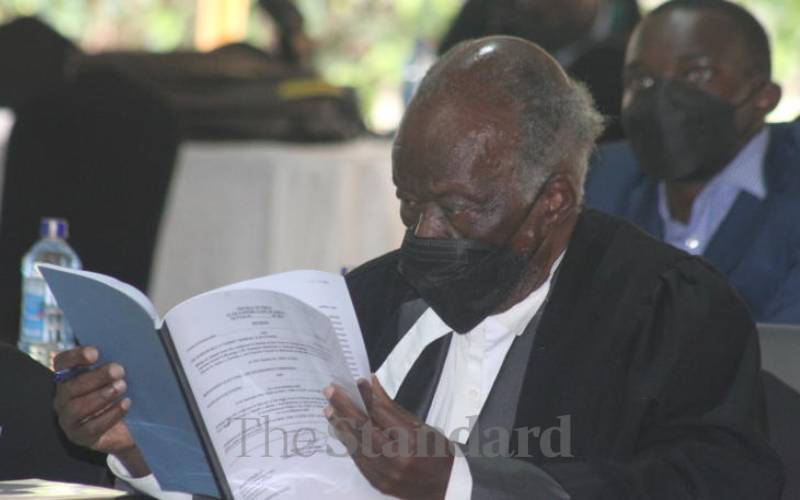×
The Standard e-Paper
Stay Informed, Even Offline

A civil society group has reignited the battle over the Building Bridges Initiative (BBI) to amend the Constitution by moving to East Africa Court of Justice.
Kituo Cha Sheria is challenging part of the Supreme Court judgement on the BBI which declared that the basic structure principle limiting the power to amend the Constitution is not applicable to Kenya.